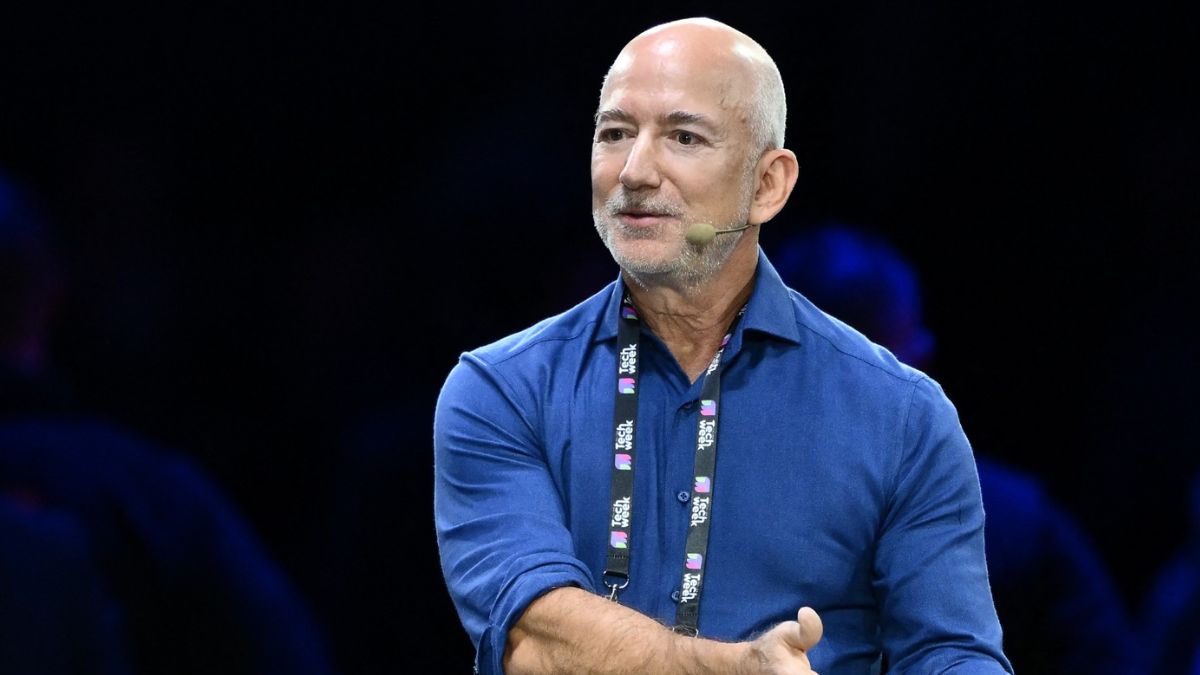Jeff Bezos warns of an AI “industrial bubble” amid high valuations but predicts the technology will bring major societal benefits in the long term.
Amazon founder Jeff Bezos compared today’s rapid surge in artificial intelligence to an “industrial bubble”, cautioning that some investments will inevitably be lost, while stressing the technology’s potential for lasting benefits. Speaking at a tech conference in Italy on Friday, Bezos acknowledged the fervour around AI but insisted that the excitement did not diminish its reality or transformative potential. “AI is real, and it is going to change every industry,” he said.
Bezos pointed out that while companies are investing billions in computing infrastructure to power AI breakthroughs, the technology still falls short of many of its anticipated capabilities. Equally uncertain is how companies will profit from AI innovations. This has led to concerns over whether valuations for AI-related stocks are inflated.
“Those bubbles society wants to avoid. The ones that are industrial are not nearly as bad, it could even be good, because when the dust settles and you see who are the winners, society benefits from those inventions… and that’s what’s going to happen here.”
Bezos, who has invested in the American generative AI start-up Perplexity, added, “This is real. The benefits to society from AI are going to be gigantic.”
Market valuations and future outlook
Among the Magnificent Seven stocks, five are trading above their five-year average price/earnings ratios. Alphabet stands at 23.4 times expected earnings over the next 12 months; Apple at 32.1 times; Meta Platforms at 24.6 times; Microsoft at 31.8 times; and Tesla at 188.8 times forward earnings. Amazon and Nvidia are below their five-year averages, at 30.2 times and 32.7 times forward earnings respectively. The S&P 500 is trading at 23 times forward earnings, compared with its five-year average of 20.3 times.
Sam Altman, CEO of OpenAI, expressed similar optimism at a news conference on September 23 at the first Stargate data centre in Abilene, Texas. “We are confident that this technology will drive a new wave of unprecedented economic growth,” he said. “Not just economic growth, but people’s lives will be much better. Scientific breakthroughs, huge quality of life improvements, new ways to express creativity.”
End of Article

)

